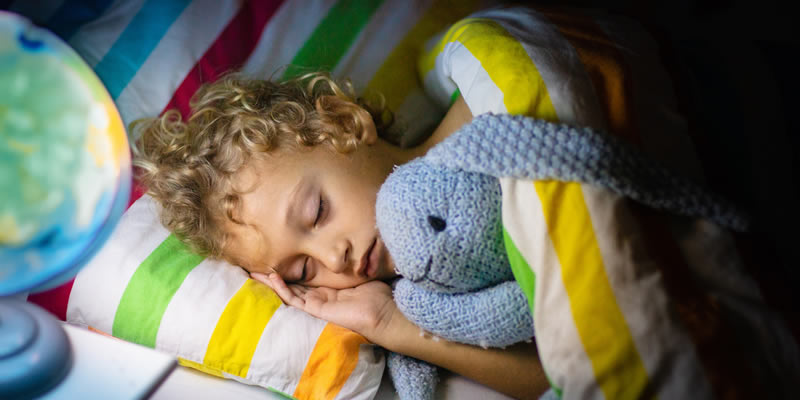Sleeping more and sitting less could have the same effect on children’s mental wellbeing and weight as exercise does, researchers have said.
A team from the University of South Australia (UniSA) say they have proven that kids can achieve equivalent physical and mental health benefits over the course of a day by choosing different activity trade-offs.
- Active children could prevent type 2 diabetes in later life
- Study indicates vegan diet impacts metabolism in children
Although physical activity has a greater and faster impact on health and wellbeing, the findings suggested that young people can achieve the same 7.4 per cent reduction in body mass index (BMI) by either sleeping an extra 52 minutes or sitting less by nearly an hour.
Their mental health might also enjoy a boost from either exercising for 35 minutes, sleeping an extra 68 minutes or reducing their sedentary time by 54 minutes.
The research involved 1,179 children aged between 11 and 12 years. All of them had their BMI, waist and body fat measured. Their mental health was recorded by self-reporting.
Lead researcher, UniSA’s Dr Dot Dumuid, said: “There are many competing time demands in modern families – whether it’s after school soccer, music lessons, or simply walking the family dog, finding the time to fit everything into a single day, can be a challenge.
“International guidelines suggest that children need 9-11 hours’ sleep, 60 minutes of physical exercise, and no more than two hours of recreational screen time per day, yet only seven percent of children are regularly meeting these goals.
- Top endocrinologist issues type 1 tips to children with diabetes to avoid COVID
- Involving children in CGM decisions secures better long-term use
“With so many competing priorities and commitments, it’s helpful to know which activities deliver the greatest ‘bang for your buck’.
“In this research we calculated how much sleep, sedentary time, light exercise, and moderate-to-vigorous exercise was associated with the same improvements in mental health, physical health and academic achievement.
“For families with very little available time, small increases in moderate-to-vigorous exercise could be an option to improve children’s health and wellbeing; alternatively an earlier night could equally deliver the same health benefits — importantly, it’s the flexibility that these findings offer that make them so valuable.
“Exploring trade-offs between children’s activities is a promising way for families to make healthy choices that suit their regular family schedule.”
The study was supported by the Heart Foundation’s Director of Physical Activity.
Professor Trevor Shilton, from the organisation, said: “This study confirms that physical activity is the quickest and most effective way to deliver benefits for children’s physical health and mental wellbeing. But the findings also offer some flexibility for families.
“Helping young people make healthy choices and helping families create an environment that supports them in these choices can improve their quality of life in the future, as well as reducing their risk of chronic diseases, such as heart disease.”


